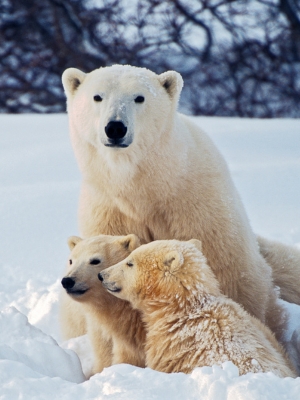I have a ten-year-old at home and, like many kids her age, she is fascinated by science. She often asks me what I am working on, and when I mentioned sharks this week, she showed me a series of videos produced by a former NASA engineer and a marine biologist to debunk shark myths. Hearing her talk about the number of shark myths that actually had to be debunked made me realize how misunderstood sharks really are!
Sharks are commonly portrayed as frightening predators with endless rows of teeth that devour everything in their path, including humans. In reality, chances of being attacked and killed by a shark are 1 in 3.7 million if you live within 100 miles of a coast and 1 in 7 million for landlocked Americans. This basically means that you have better chances of winning an Olympic gold medal (1 in 662,000), being struck by a meteor (1 in 700,000), or being struck by lightning (1 in 2,300,000) than of being killed by a shark.
The perception of sharks as deadly man-eaters has obscured and overshadowed the fact that shark species play a vital role in preserving the health of our oceans and of our planet. As apex predators, they regulate species below them in the food chain, ensuring populations remain healthy and at a size that the habitat’s resources can support. By consuming sick or injured fish, they contribute to preventing the spread of disease, allowing the reproduction of stronger species. They also have an important role to play in the regulation of oxygen production in the ocean by feeding on fish that devour oxygen-generating plankton, and they significantly contribute to the health of coral reefs. If sharks were to disappear, consequences for our marine ecosystems and for our ability to mitigate climate change would simply be catastrophic. And yet, we continue to see a steady increase in the number of shark species on the brink of extinction.
A world assessment led in 2019 indicated that we are now facing a mass extinction event with up to one million species at risk of extinction – many within decades. Sharks are deeply affected by the extinction crisis. The International Union for Conservation of Nature (IUCN) Red List of Threatened Species categorizes 355 sharks and rays species as Vulnerable, Endangered, or Critically Endangered.
Sharks are particularly vulnerable to overexploitation due to their relatively slow growth rates, late maturity, and low reproductive rates. The recovery of these species from overfishing is therefore slow and yet each year, at least 63 million and as many as 273 million sharks are killed in the world’s commercial fisheries. International trade in shark products (cartilage, jaws, teeth, meat, liver oil, skins, and especially fins) is a significant threat to the survival of shark species. For shark fins alone, the trade is valued at nearly US $400 million and kills 100 million sharks annually. But, direct exploitation is only one side of the coin, with shark species also affected by pollution, habitat degradation, and climate change.
Through the Global Nature Recovery Investment Initiative (GNRII), Born Free USA is advocating for the expansion of protected marine areas from 7% currently to 30% by 2030 to halt and reverse the overexploitation of marine species and the destruction of marine ecosystems. Born Free USA is directly investing in the conservation of shark species through multiple initiatives across West Africa including through the delivery of specialized enforcement trainings to combat shark trafficking and broad-scale awareness raising campaigns. These efforts have already borne fruit, allowing law enforcement officers to intercept shipments of illegally traded shark fins in Benin and in Ivory Coast. But, we clearly need to do more together!
Support us and help strengthen shark conservation by adopting a shark today. And, let us all make sure we debunk negative myths about sharks and stress that not only are they not a threat to humankind, they are crucial to supporting life on earth!
Take action to strengthen shark conservation!
Keep Wildlife in the Wild,
Alice

 Dear Reader,
Dear Reader,